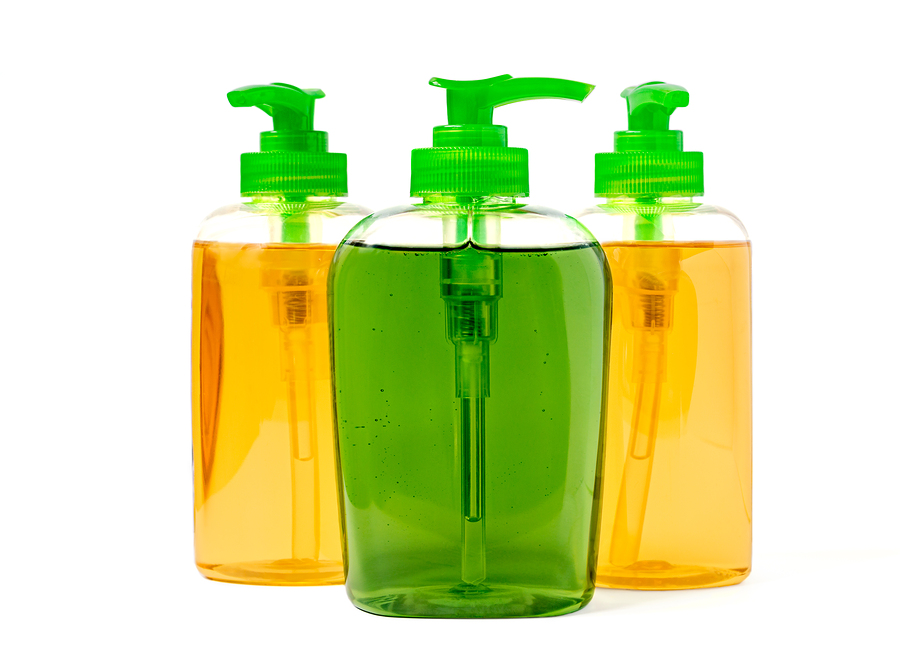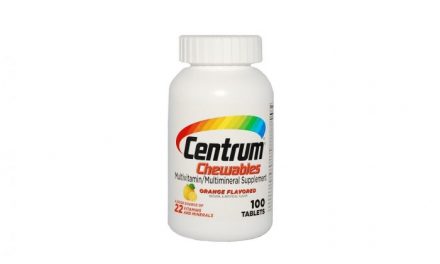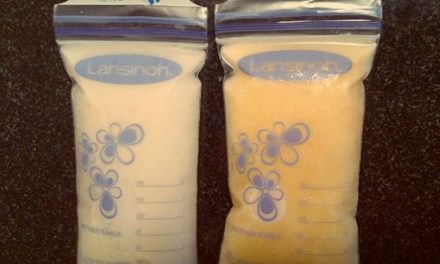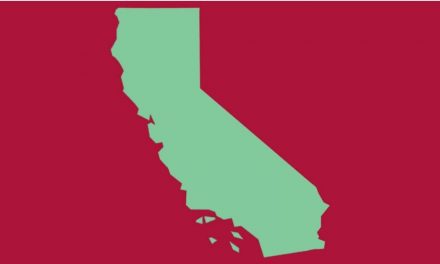As of today, antibacterial soaps have a short shelf life, and that’s a great thing as that might sa The U.S. Food and Drug Administration (FDA) has banned soap products containing 19 active ingredients, including the notoriously dangerous chemical triclosan, marketed as “antiseptics”.
Off the record I was told the FDA stated that they cannot believe it ever was legal and some even say it was an under the table paid off deal- where the FDA made cash and lots of dangerous soap was made, while some made a cool million or billion in sales harming the public. That’s the word on the street.
While the term “antibacterial” suggests to mislead consumers that such soaps prevent the spread of germs, hard evidence suggests quite the opposite. Not only doesn’t it prevent the spread of germs, but it can make you sick as @#*$(.
After asking companies to submit data on the safety and efficacy of their products back in 2013, the FDA noted in its September 2 final ruling that manufacturers failed to prove that these products were safe to use every day or that they were more effective than plain old soap and water at cutting infectious microbes.
“In fact, some data suggests that antibacterial ingredients may do more harm than good over the long-term,” Janet Woodcock, director of the FDA’s Center for Drug Evaluation and Research, said in a statement. Many experts and doctors state that her claim is FAR too tame and it’s been clear for many years how dangerous triclosan, and why the hell wasn’t the FDA doing something sooner? Paid off? Bending over to big business?
Science News (a conservative pro science paper) goes so far as to say this about the killer chemical:
Triclosan, in particular, is said by any experts to be especially toxic and dangerous. Found in many household products, the chemical ends up everywhere from vegetables to our mucus. It’s been associated with exposure to toxic compounds, risk of staph infections and mucking up sewage treatment. Over a decade of damning data had already prompted some companies to remove triclosan from their products. Others will have a year to remove it and other newly banned ingredients from their recipes.
The FDA ban does not include antibacterial hand sanitizers (many experts are doing a face palm on this today) which the agency is evaluating separately (FDA loves red tape and leaving carcinogens legal as long as they possibly can, many say!) In the meantime, the FDA recommends using hand sanitizers that are at least 60 percent alcohol, or washing with old-school soap and water. We recommend the later.
The FDA forgot to mention tea tree oil and a whole host of organic oils that kill germs and shocker, won’t give you cancer or cause death like triclosan can.












